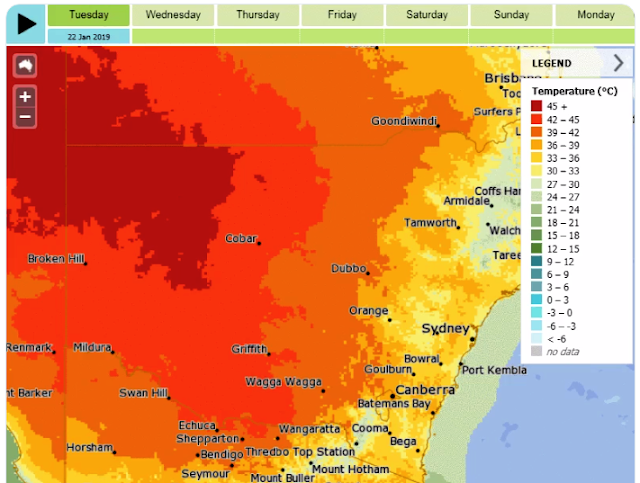Multimillionaire
Justin Hemmes comes from a privileged background having inherited the bulk of his wealth
rather than earned it independently of the family company.
Owned and run by the
Hemmes family for over 60 years, Merivale began as an iconic fashion house
started by John and Merivale Hemmes. Merivale’s fashionable beginnings were
soon followed by a venture into hospitality, opening a Thai tea café within
their Sydney CBD fashion building in 1970. From here, Merivale’s hospitality
roots were firmly planted.
Merivale is now led by
CEO Justin Hemmes, whose creativity and knack for pushing the boundaries has
made Merivale what it is today. Hemmes has become a pioneer within the
Australian hospitality industry, growing the ever-expanding Merivale portfolio
to over 70 brands and venues.
Prominent Sydney
hotelier Justin Hemmes has ridden the property boom all the way to this year's
Rich List.
Hemmes and his family
have amassed a $951 million fortune via the ownership of 70 pubs, hotels,
restaurants and venues in and around Sydney, including The Ivy on George Street
in the heart of the CBD.
The drinking
and dining empire led by high-profile Sydney hotelier Justin Hemmes is facing a
push to kill off a workplace agreement that some current and former staff say
denies them weekend penalty rates……
A former Merivale staff
member, Maddie Lucre, raised concerns about being denied weekend penalty rates.
Ms Lucre worked at the
Coogee Pavilion from January 2016 until July this year. With the assistance of
United Voice, where she works in an admin role, Ms Lucre made a claim against
Merivale for the weekend and public holiday amounts she claimed was owed to her
under the company's agreement.
She was offered
$2,706.72, the amount she claimed she was owed, on the condition that she sign
a non-disclosure agreement. No admissions of fault were made by Merivale.
"I know that if I
keep my mouth shut then no-one's going to find out about this," Ms Lucre
told 7.30.
"Merivale has never
been held to account for the fact that they are potentially underpaying
people."
Merivale is reviewing
the viability of its business practices due to the axing of a WorkChoices-era
enterprise agreement that gave it a significant commercial advantage in the
industry.
The Fair Work Commission
on Monday terminated Merivale's long-expired 2007 EA that allowed the
hospitality giant to pay some 3000 workers below the award – more than 20 per
cent below in some cases – by not applying overtime or full penalty rates for
almost a decade.
The decision, which will
not take effect until March to give Merivale time to transition to the award,
is the result of United Voice taking action on behalf of two casuals who
complained they were missing out on thousands of dollars a year……
Ms Tones, quoted by the
union's submissions, said that 71 per cent of the company's workforce were
casuals and 48 per cent worked on some form of visa.
Under the agreement,
casuals were not paid full evening, weekend and public holiday rates or even
overtime.
United Voice said one
employee was paid $6 an hour less than the award on Saturdays, $10 an hour less
on Sundays and $25 an hour less.
The Fair Work Commission having found on 21 January this year it would not be contrary to the public interest to terminate Merivale Employee Collective Agreement 2007 which had passed
its nominal expiry date of 21 December 2012, Merivale now appears to be hinting that if it were to pay proper award rates to all its workforce it might have to close one or more businesses because it may not be able to afford a higher wages bill.
Again, words fail me.
NOTE: Justin Hemmes joined Twitter in March 2010 as @justinhemmes. Although he seems to have tired of the account sometime in 2014 it is still active and Twitter will allow civilised comments on this site.












